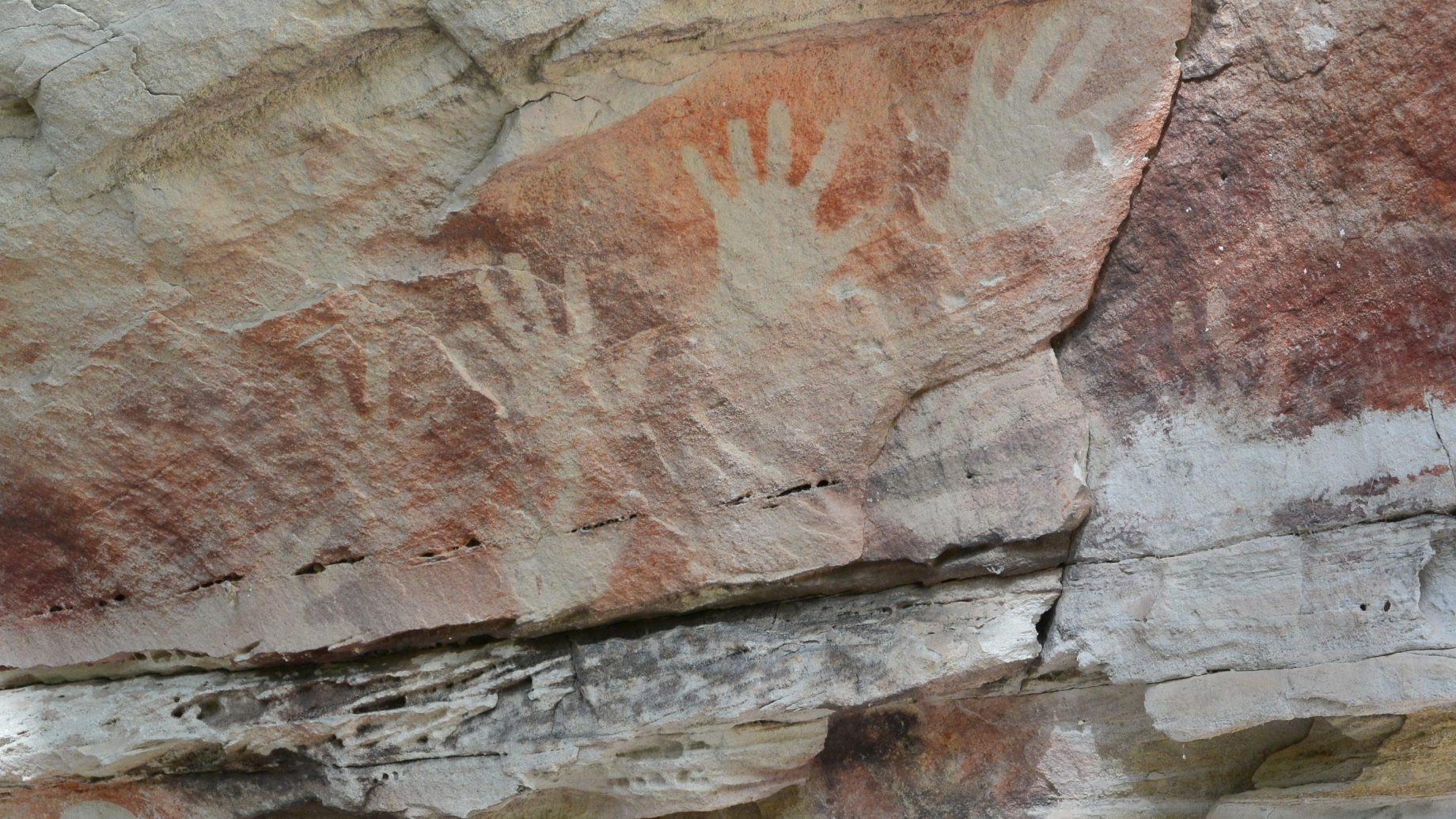Making changes can be hard and the process of changing can take a long time. Finding the right people to champion the change can be difficult. Getting others to embrace the vision communicated by the champions can be be the cause of frustration, slowing adoption of the change and diminishing the achievement of potential benefits.
In our travels we have visited many amazing countries, with our home country of Australia amongst the best. We have had the good forture to visit the far corners of Australia including many of the more remote places of the well beaten track. We have also returned to many places on our numerous ‘adventures’ and this has given us the opportunity to compare community changes over time. One such example is a remote town in the Northery Territory that we have experienced first hand over a number of years.
It was 2011 when we first ventured into the Gulf country and experienced the vastness of this part of Australia. It is a changing landscape that moves between terrential rain that falls through the wet season, flooding the landscape and isolating communities to the dry heat and dust that follows during the winter months. It is an unforgivving landscape with significant distances between services many of us take for granted including access to health care, schooling, suppiles of food and fuel, to name a few. In this setting, communities survive. Some seek out a living working on cattle stations while others work in the growing tourism sector and others have pursued a more traditional lifestyle living off the land. It is with this background that we first drove into one such community after a lengthy drive along dusty, corrugated, unmade roads.
The road through the community centre was sealed and we made our way slowly towards the general store to refuel and top up our food supplies. The streetscape was unkept with unkept verges harbouring all manner of rubbish from empty cans and discarded plastic bags. Derelict vehicles were numerous. Security screens and roller shutters were commonplace over windows and doors on many of the commercial and residential properties.
The hotel with its boarded up windows was the community magnet. The general store attracted a multitude of stray dogs looking to pick over discarded fast food packaging. Barefoot hildren in worn-out unwashed clothes with unkept hair and permanently running noses accompanied family members into the general store hoping for a treat that would tide them by during the journey back home.
We can still remember having to hand over a valid drivers licence in exchange for a key to unlock the fuel pump in front of the general store. Backpackers with European accents were working in the general store with more of a focus on completing their three month stint working remotely so they could get a 12 month extension on their travel visa.
So you can imagine what we were expecting when we returned 2 years later. What we saw and experienced on our second visit could not have been a bigger contrast. The sports ground on the edge of the community was host to a game of AFL football while the adjoining netball courts were filled with competitors of all ages competing in numerous games. The less athletic were on the boundaries supporting the efforts of the competitors. Participants were all decked out in colour team tops emblazened with indeginous designs. Those who had finished competing were making their way with other family members towards the general store along a well maintained verge minus the rubbish we had seen previously.
We passed the permanently closed hotel that hadn’t served patrons for some time given the decay and neglect we could see from the road. The general store was a buzz with children being rewarded by family members for their efforts on the field. The international back packers were gone and the store was staff by local community members. The fuel pumps were unlocked and a drivers licence no longer need to be produced to refuel vehicles.
We were amazed that so much change was possible in just two years. What looked like ingrained issues had been tured around and the community appeared to not only be onboard with the changes but enjoying the benefits that had resulted. Apparently the community elders declared enough was enough. They voted to close the community hotel. Employment opportunities for community members was encouraged and people were skileld to work jobs they previously engaged backpackers to perform. Slowly a ground swell of pride grew – clean ups were organised. The community found purpose and pride in supporting its sporting teams with badges of honour being to play in team colours.
Difficult change is possible with the right sponsorship, tangible benefits and a community tired of what has been and keen to experience what might be.
